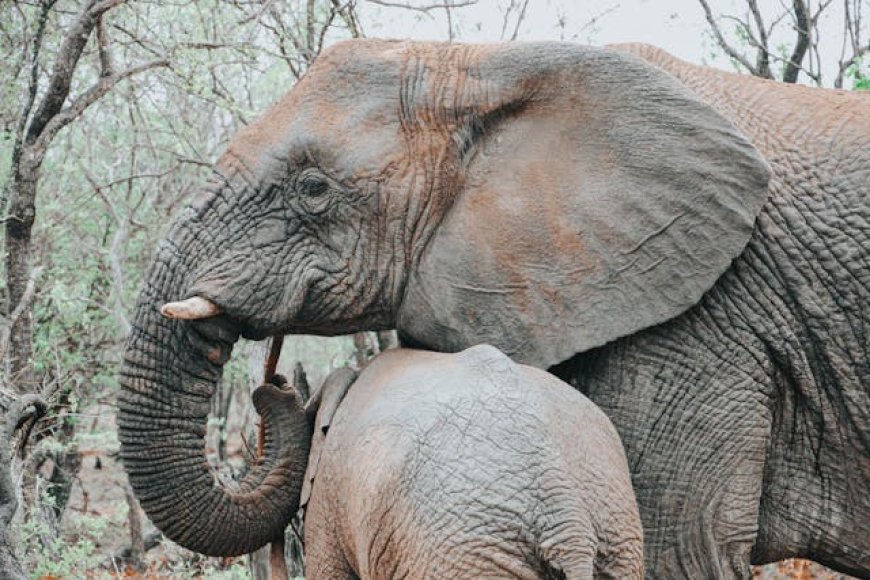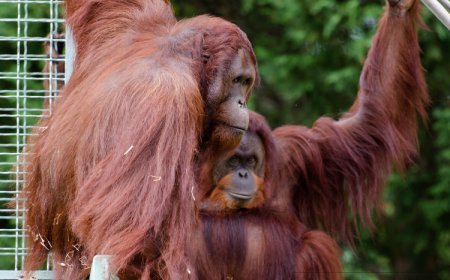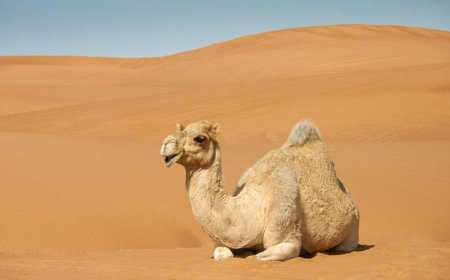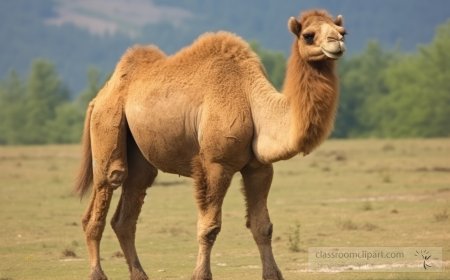Elephants: Facts, Habitats, Behavior & Conservation – A Complete Guide for Kids
Discover the amazing world of elephants! Learn about their habitats, diet, adaptations, and why they matter. Explore fun facts and take a quiz to test your elephant knowledge.

🐘 Elephants: Gentle Giants of the Animal Kingdom
🌿 Scientific Classification
- Kingdom: Animalia
- Phylum: Chordata
- Class: Mammalia
- Order: Proboscidea
- Family: Elephantidae
- Genus: Loxodonta (African elephants) and Elephas (Asian elephants)
🐘 Description and Adaptations
Elephants are the largest land mammals on Earth. They have:
- Thick, gray skin up to 1 inch (2.5 cm) thick
- A long trunk used for smelling, breathing, drinking, grabbing, and trumpeting
- Tusks (long, curved teeth made of ivory)
- Large ears that help cool their bodies
- Massive legs to support their heavy weight
Adaptations include:
✅ Wrinkled skin to keep them cool
✅ Trunks with over 40,000 muscles
✅ Tusks for digging water holes, stripping bark, and defense
✅ Large ears for temperature regulation
🌍 Habitat and Range
African elephants live in:
- Savannahs
- Grasslands
- Forests
Asian elephants live in:
- Tropical and subtropical forests
- Grasslands
Range:
- African elephants: Sub-Saharan Africa
- Asian elephants: India, Sri Lanka, Southeast Asia
🌿 Diet and Feeding Habits
Elephants are herbivores, which means they eat plants.
They spend up to 16 hours a day eating, consuming up to 300 pounds (136 kg) of food daily!
Common foods:
- Grasses
- Leaves
- Bark
- Fruits
- Roots
They drink up to 50 gallons (190 liters) of water per day.
🐣 Reproduction and Life Cycle
- Female elephants are called cows, males are bulls, and babies are calves.
- Gestation lasts about 22 months—the longest of any land mammal.
- Calves weigh about 200–250 pounds (90–113 kg) at birth.
- Females stay with their family group, while males leave the herd when older.
Elephants live up to 60–70 years in the wild.
🛡️ Conservation Status
Many elephants are endangered because of:
- Poaching for ivory
- Habitat loss
- Human–wildlife conflict
African Elephant: Vulnerable
Asian Elephant: Endangered
Organizations like the World Wildlife Fund (WWF) and Save the Elephants work to protect them.
🌟 Fun Facts About Elephants
- Elephants can recognize themselves in mirrors—a sign of high intelligence.
- They communicate with infrasound—sounds too low for humans to hear.
- An elephant’s trunk can hold 2 gallons (7.5 liters) of water at a time.
- They mourn their dead and show signs of grief.
- African elephants have larger ears shaped like the African continent!
📚 Vocabulary List
| Word | Definition |
|---|---|
| Trunk | An elephant’s long nose used for many tasks |
| Tusk | A long, curved tooth made of ivory |
| Herbivore | An animal that eats only plants |
| Gestation | The time a baby grows inside its mother before birth |
| Poaching | Illegal hunting or capturing of animals |
| Calf | A baby elephant |
| Herd | A group of elephants living together |
| Savannah | A grassy plain with few trees |
| Infrasound | Low-frequency sound waves elephants use to communicate |
| Endangered | At risk of extinction |
🧒 Kid-Friendly Summary
Elephants are giant, gentle animals with big ears, long trunks, and tusks. They live in Africa and Asia, eat lots of plants, and love water. Elephants are smart, caring, and help their habitats by spreading seeds and digging water holes. Sadly, some elephants are endangered, so people around the world work hard to protect them.
Photos – Images – Printables
Animal PNG Clipart and Vectors
Elephant Photos
Elephant Coloring Page
Online Quiz About Elephants























































